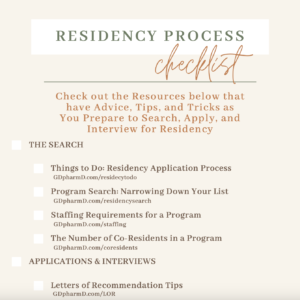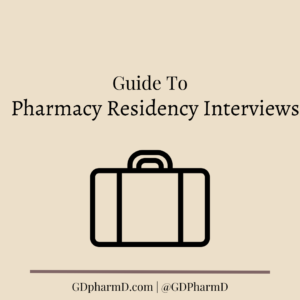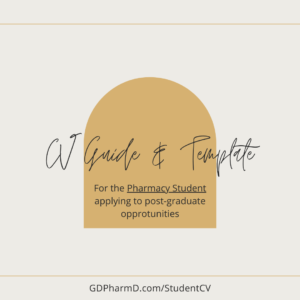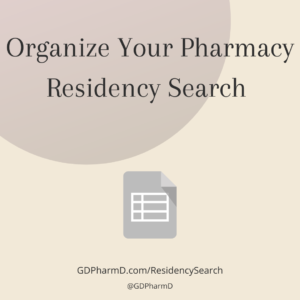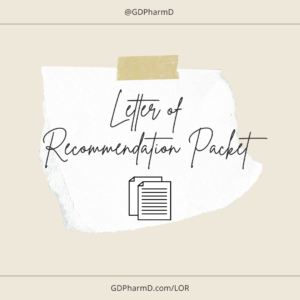Hi everyone! For those looking to take the BCPS or any other BPS exam, I wanted to make sure you had all the information and advice you need. Figuring out where to start was a little intimidating, so I wanted to make sure you’re well-equipped. Please keep in mind that this post reflects my experiences and opinions so it may not apply to everyone. I created an Instagram highlight of me preparing for the BCPS exam along with helpful tips and advice, so after you’re done reading, check it out here.
“If you’re new to my page, here’s a little about me: I graduated from Rutgers pharmacy school in 2020, did a PGY-1 Residency at Johns Hopkins Bayview Medical Center which finished in 2021 and then went on to accept a position as a multi-speciality clinical pharmacist.”
LOGISTICS
When Can You Take the Exams?
For most of the BPS exams, you can take them only twice a year known as the Spring window and Fall window. There are specific dates or “windows” to sign up (registration window) and specific dates/windows to take the exam (testing window). Know those dates because each year the days are slightly different – see below for what the dates were in 2021 and 2022, just to serve as an example. Starting in 2023, for certain exams, they will be offered continuously throughout the year, see this article and this article for more information on that.


Who Qualifies to Take the Exams?
There are certain requirements an individual needs to meet to take the exam. Refer to the BPS website for the most up-to-date information as those rules may change as the years progress. For myself, since I did a residency, that is what I used to confirm my eligibility. However, if you didn’t do a residency, there are other avenues to qualify to be eligible. Also, keep in mind there are multiple BPS exams: BCPS, BCIDP, BCCP, BCCCP, BCACP, BCTXP…etc., and each one may have different requirements.
What Did I Need to Have to Register for the Exam?
- Copy of my Pharmacy School Diploma (snapped a photo on my phone and uploaded it 📸)
- Copy of Pharmacy License (same as above 📸)
- Copy of Residency Graduation Certificate (same as above 📸)
- $600.00 for registration fees (your place of employment may reimburse you after you pass, so check with them!)
- Fill out the BPS Application
Keep in mind that after your fill out the application, it takes up to 20 business days for them to process your application so try to do it early on once the registration window opens so that you can register and get the date you want! If you need to get a letter from a supervisor(s) to verify your practice experience, plan ahead!
To wrap up the logistics, the website https://www.bpsweb.org/ has the most comprehensive, accurate, and up-to-date information, so definitely refer there for any other logistical questions such as registering, scoring, types of exams, when the exam results come out, etc.

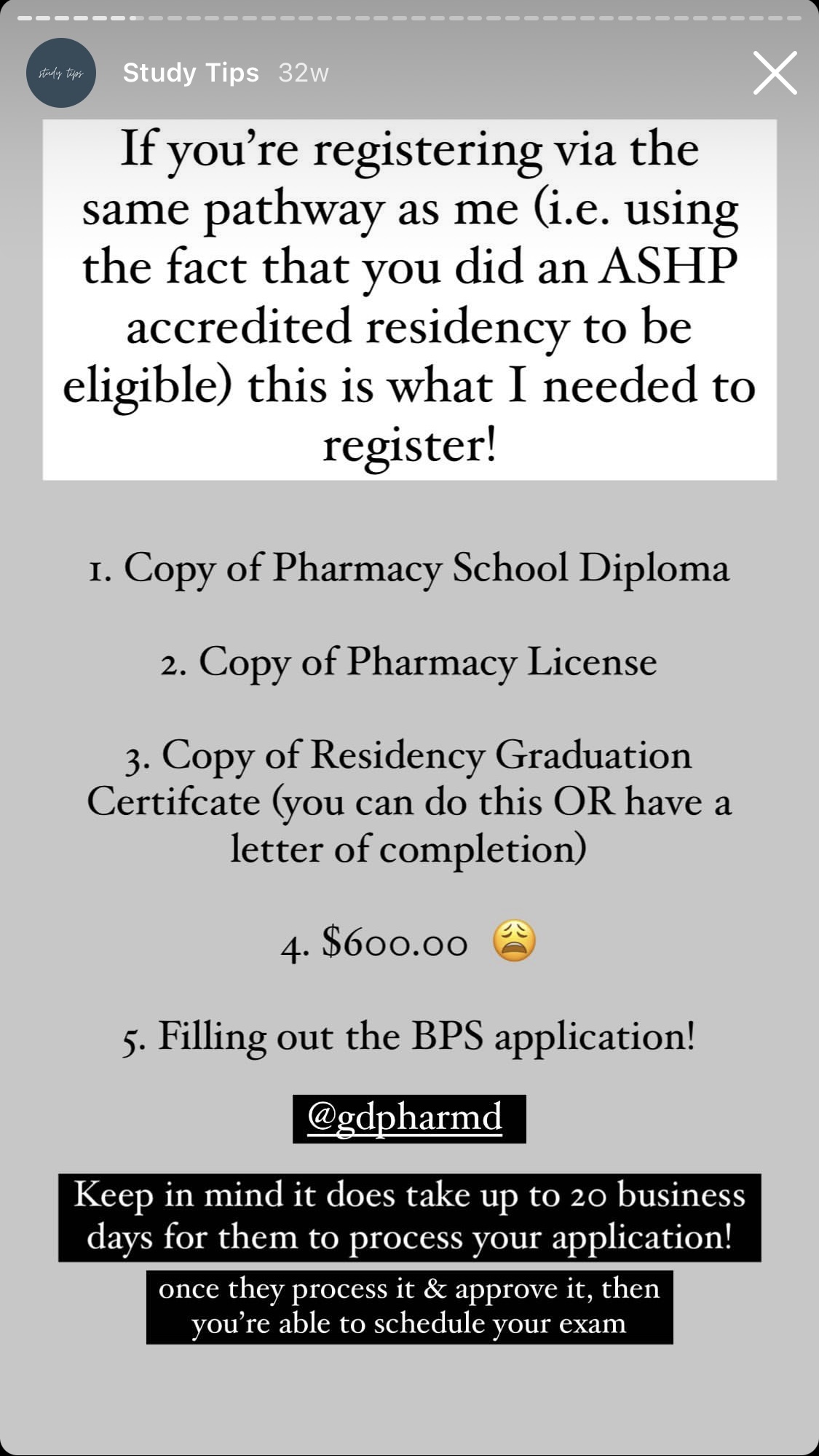
TIMING
When Did I Take the Exam
I finished my residency in June of 2021 and took the BCPS exam in May of 2022 (Spring Window). I could have buckled down and taken it the Fall window after residency, but I didn’t.
Why Did I Wait to Take the Exam?
This is something that I debated, so I wanted to take some time explaining my reasoning and the pros and cons. So many people say to ‘just buckle down and take it right after residency while you’re in that mindset.’ I decided not to take that advice. If you’ve followed me for some time, you know that I am open to getting advice but that I also advocate for taking your own personal situation into account. Residency was a longgg year. I moved in the height of the pandemic to a place I barely visited and where I knew no one. I worked really hard throughout the year (early mornings, late nights – as most residents do!), recently went through the arduous job search process, and was going to start my official career job about 3 weeks after residency started. I’ll be honest here, I was burnt out after residency and needed time to REST and get around people in my community, period. The very thought of using those three weeks in between ending residency and starting a job to make a study plan and start studying made me anxious. So after prayer and deliberation, I didn’t end up taking it in the Fall and I couldn’t have been happier with that decision. Keep in mind, that this is my personal situation. Plenty of people finish residency and take it in the Fall and do exceptionally well.
I went back home to Jersey and spent tons of time with my family and friends. Took a trip to Medellín, Colombia 🇨🇴 which was an amazing experience and took a trip to the Bahamas 🇧🇸 to island hop in the Caribbean and it was incredible!! Even after my job started, I took full advantage of my free weeknights and weekends to travel, see loved ones, get involved in church, build community, get into a routine, and get settled into this new young professional life. I needed that reset. I needed that time. Those memories and experiences are things that I will remember forever. In my mind, the BCPS exam would be there when I was ready to take it and guess what? It surely was there. It also gave me the mental capacity to focus on my new role. I honestly felt like because of the nature of my job (rotating in different specialties), I learned so much on the job that helped me with the exam so that was another plus. So, I set my plan that I would enjoy Summer and then study in the Winter, and that I would take it in the Spring right when the weather got warm again. But like I said EVERYONE’s situation is different, so take your unique situation into account.
So, Should You Wait?
It is 100% up to you and your situation! Talk to different people and see their pros and cons. I think a pro is that yes, you are in that ‘grind/hustle’ mindset post-residency so you can theoretically buckle down and study and take the exam in the Fall testing window after residency (Usually mid-September through early October). Please keep in mind that some jobs require you to take and pass your BPS exam by a certain date so take that into consideration. Also, some people who go on to do PGY2s take their BCPS exam during their PGY2 year so that is also a possibility.
Another thing to consider is if you’re going into a role that is more specialized/siloed, or not clinical (i.e., into management, pharma, and the like) I can see why taking it in the Fall window would be beneficial. For example, if someone did their PGY-2 in Ambulatory Care and their rotations were in many different areas (Heart Failure, Diabetes, Gastroenterology, Hypertension, Infectious Diseases, Hepatology, COPD/Asthma..etc) but then the job they accepted is in a clinic that only manages Heart Failure, taking the exam while those various areas are fresh may be beneficial, so they wouldn’t have to ‘re-learn’ things.
There are also life circumstances to take into account: are you planning a big vacation? Do you have a lot of commitments coming up (weddings for example)? Or know you’ll be making a big move – those are all things to help determine which testing window is best for you. Lastly, be real with yourself – will you keep yourself accountable to actually study for the Spring exam? If not, then the Fall right after residency may be the best option for you.
Pro-Tip: In terms of when to take the exam within your testing window, it is up to you and the dates available for the testing sites in your area. I took it the latter part of the testing window. Keep in mind that regardless of when you take it within the testing window the results come out ~60 days after the testing window closes.
MATERIALS
What Materials are used to Study for the Exam?
I’ll be honest here, the materials out there available to purchase in preparation for the exam are expensive. The first thing I would say to you is to ask around to see if anyone has materials you can use whether that’s a PDF, physical books, powerpoints, etc. Ask your current program preceptors who took the exam recently, friends in pharmacy, and even your future boss and coworkers at your job.
The most popular preparation material companies for BCPS exam are below. These are not listed in order of preference/popularity, but rather alphabetically.
- ACCP (American College of Clinical Pharmacy)
- ASHP (American Society of Health-System Pharmacists)
- HYMR (High Yield Med Review)
- MedEd 101 Regulatory Study Guide
How to Choose Which Materials to Use
It’s important to evaluate the materials that you were able to get for free. Go to those various websites above and take a look at the sample chapters and sample videos they have available for free and compare them to see which style works best for you before you buy anything.
What Materials Did I Have Access to?
- HYMR book, test bank, and videos
- ACCP PDF book only (questions are built into the chapters)
- MedEd101 Regulatory study guide
- Materials I had already: residency topic discussions, NAPLEX Rx Prep book
No, I don’t think you need all of them, keep reading (especially because $$$)
What did I think of the Materials?
So, in comparing HYMR and ACCP, I would say HYMR is extremely detailed and comprehensive and will give you a ton of great information to help everything stick which can be great for some. HYMR does a great job at catering to the different learning styles that everyone has such as reading, auditory/visual, and practice questions. In all honesty, however, HYMR materials are difficult to follow because of the formatting and sheer amount of background information that isn’t always needed. There are so many videos (which may be good if you’re an auditory/visual learner) and the test bank wasn’t the most effective in my opinion. With HYMR, it may be tough to use the book alone to study, you will need the videos to fill in the gaps. This can be seen as a challenge if you simply want to skim a topic you’re familiar with. HYMR has books, lectures that vary in length, and a quiz bank. In full transparency, I didn’t have the time to go through everything in HYMR whilst working full time and having other life stuff to do. In comparison, ACCP gives you the information you need but without any in-depth explanation. My strategy over time became to use ACCP as a starting point. I would go through the ACCP chapter and if there was a certain topic I didn’t understand, I would go to the HYMR videos and/or book. To supplement gaps, I also used residency topic discussions, pharm school notes for pharmacology-type stuff that allowed me to have a deeper understanding, and even the RxPrep book that was for the NAPLEX (that book is just so well done and the information still applies). HYMR’s biostatistics lectures are amazing though I must say. So, it will for sure be a personal decision but for someone who is recently out of residency and uses their clinical skills regularly, the ACCP book alone (and maybe their video lectures which I did not have access to and did not use) will probably be okay for you. If you’re far out from clinical (or the specific specialty BPS exam you are taking) and feel like you need topics taught from the very beginning like pharmacology, mechanism of action, clinical trials data, and thorough clinical application, and have A LOT of time, HYMR would be a good choice for you. These are all my personal opinions, so choose what’s best for you. Please read the ‘How to Study’ section below for more on this.
If you want a comparison of the content of HYMR vs ACCP, see the chart below. This is based on when I took it and includes the book chapters only, not videos, questions, and the like.

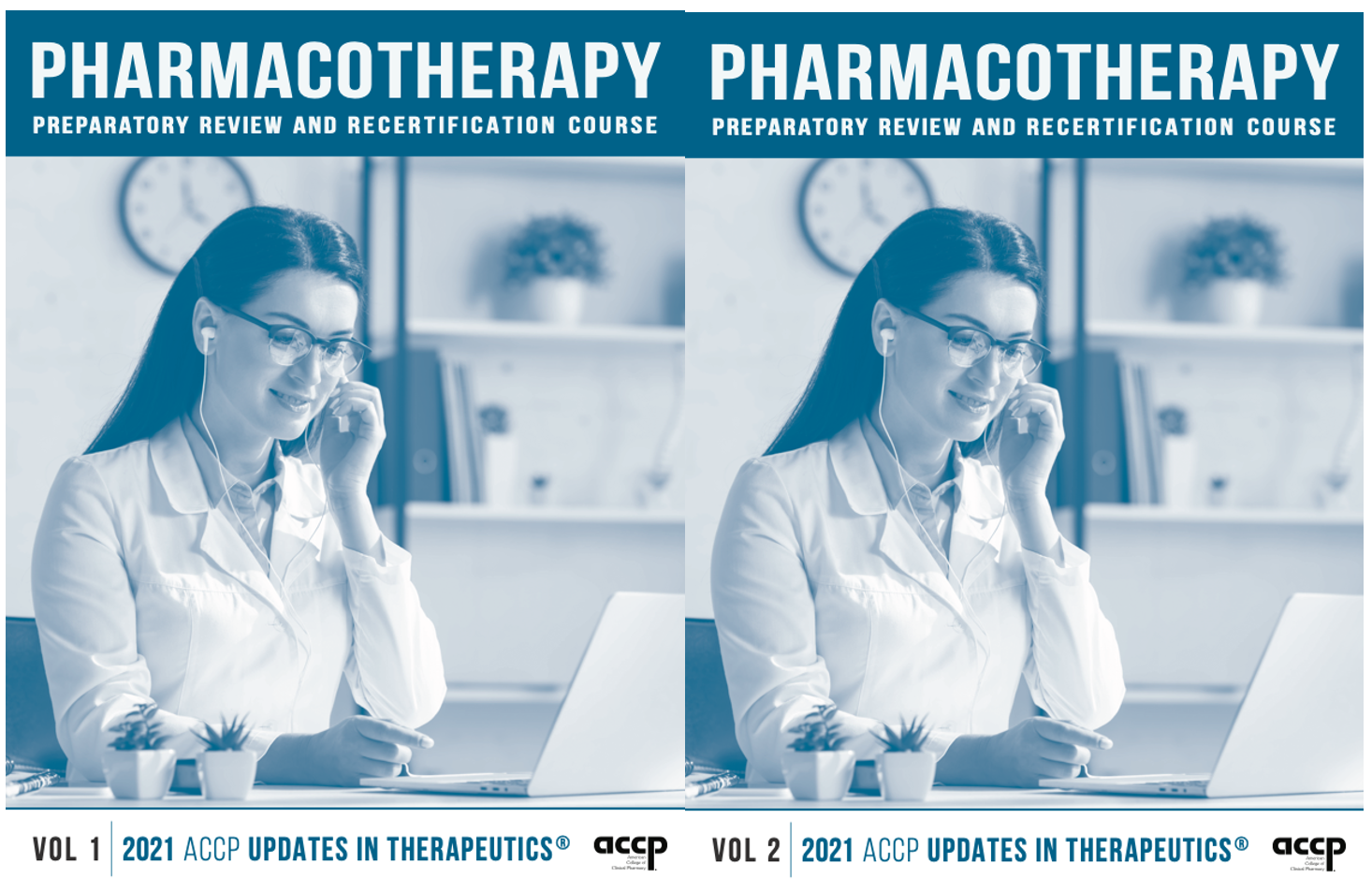
STUDYING
How to Make Your Study Schedule
The most important factors are (1) The amount of time/days you have to left study and (2) How much material you need to cover. All of the various exam prep courses have different chapters that generally cover the same materials (some may have more detail than others). Take a look at the table of contents and then divide the topics up into the number of days you have to study (keep in mind some topics are heavier/longer than others like GI, Men’s and Women’s Health, Psych, I.D. etc). Do you have to study in order of the table of contents? No, not necessarily but try to group similar content (like Cardiology, for example) just that you can organize everything in your head better.
Things you need to make your study schedule: (1) the ‘Exam Content Outline’ that is specific for your exam (2) your study materials, and (3) a calendar/document where you’ll plan out your study schedule. The exam content outline basically tells you the breakdown of what is going to be on the exam, read it. You can find it by going to the page of the board exam that you’re taking. There are three main domains (for BCPS eat least), and each one has a different weight in the total content. Each specialty BPS exam is different (see below). I will be focusing on BCPS since that’s the one I took.

Once you have your table of contents, open up a calendar (paper or electronic word document template – whichever you prefer) and start plugging in what you’ll be studying each week. I did weekly study goals vs daily study goals to give me more flexibility. Be sure to take into account how long some of the chapters are and how familiar/unfamiliar you are with the topics. For example, for me, I didn’t need to spend too much time on acute care cardiology and critical care because I had a good foundation in that. However, if your residency, rotations, or current practice site are more ambulatory care focused, you would probably want to make more time for critical care topics. Also, leave a few open days here and there just in case you fall off of your study schedule (which I did many times – more on that below). Keep in mind your study calendar may change with time as you get your routine down of how to study. I re-did my calendar multiple times LOL!
See an example of a couple of weeks of my study schedule below and also check out other resources and examples of study schedules:
- TheLuxePharm: 3-month Plan
- RXGeek: 6-week Plan (~1.5 months)
- ASHP 1-month plan
- ASHP 4-month plan
- ASHP 10-month plan
- HYMR recommends 6-12 months [If you’re using HYMR alone, you REALLY need a good chunk of time to prepare]
- Youtube video from a pharmacist who took the BCOP: The Pharmacist Academy
I took a look at ALL of the examples above when making my study schedule and customized it to my own schedule.
ProTip: When making your study calendar, leave 1-2 weeks before your exam as a review week(s). Also, I set some time at the end of each week to review what I went over that week for repetition (this happened most but not all weeks, because, again, fell short on time).

How Much Time Did I Spend Studying?
So, I work 10-hour days (four days a week) and my plan was to study ~3 hours a day during the weekdays only (so 5 days a week x 3 hours a day). I had this meticulous study schedule all planned out that seemed doable and reasonable. Well…that did not go as planned because life happens of course and it was tough to find the energy to study after a long day of work most days, so every week wasn’t perfect. As the exam got closer, I definitely found myself using extended periods of time on the weekends to study. And did I hit every topic/chapter in detail? Nope. Time just ran out on me (mostly my own doing haha), and I just had to make an executive decision whilst last-minute cramming. The sheer amount of material to study is frankly overwhelming, so if you feel the same you are not alone.
I made my study calendar in January, started seriously studying in Mid-Jan/Early February, had three vacations in-between, and took my exam on May 13th. Some people need more time, some people need less time. I knew that I wanted to give myself at least a solid 3-4 months (minus the vacations and review week to study). My strong suit isn’t standardized testing, so I wanted to make sure I gave myself plenty of time to study and adjust. Looking back, I do think I studied way more than needed simply because of how ‘odd’ the exam was (discussed more below) but assess your own strengths and weaknesses and study accordingly. I did feel like I got more out of studying than the exam tested me on (again, discussed more below).
With that being said, give yourself a fair shot. The exam is long, expensive, and will take time to prepare for, so give yourself enough time to study. Not everyone passes these exams.
Pro-tip: If you’re able, once you get your test date, put in PTO for the couple of days before the exam and scatter some PTO days here and there so you have uninterrupted days of studying.



How to Study
So you have your materials, you have a skeleton of your study schedule, now how do you study?
First, to start out, I do want to give my thoughts on the exam and my mindset going into this preparation which will serve as a HUGE caveat for how you choose to study. In preparation for the exam, I was intimidated and overwhelmed by the amount of information and detail that were in the study materials. I studied quite a bit and spent a lot of time preparing materials. In taking the exam, in all honesty, I didn’t think studying any more than I did would have changed the way I felt coming out of the exam. It is hard to explain, but I don’t think the BCPS exam asked questions in a clinical way where studying more could’ve made much of a difference. Does that mean you shouldn’t study? No, not by any means. However, what I am saying is looking back, I would have just lightly read the topics I was familiar with in ACCP, used the questions that were built within the chapters, and studied those questions (why the right answer choice was correct and why other answers were wrong). Then for the topics that I’m not as comfortable with or had a lot of exposure to, I would have dove into and spent a lot of time there with the materials I had access to (including Biostats). It is hard to explain, but once you talk to others about their experiences and take the exam yourself, you’ll get it. The exam (in my opinion) was not hard it was just different than what I expected. I walked out thinking that it could go either way (pass or fail) but I don’t think ‘hard’ is the word. It was just different. It didn’t ask the types of questions I expected and some of the questions came from left field. And again, even having taken the exam and knowing what I know now, no amount of extra studying or strategy would have helped me feel more confident walking out of that exam. I talked about how I felt after the exam immediately after I took it, check it out here. As a comparison, this is a stark contrast from the NAPLEX exam where it was clear what to study and the exam reflected what was studied. Okay, enough of that LOL, let’s move on.
I’ll keep it short here and break it down by the Exam Content Outline:
Clinical Section: Patient-Centered Pharmacotherapy (65% of the Exam)
- Read over the chapter(s)
- Write out notes of things you don’t know and/or things you know you’ll want to go over again for your review time in a 1–2-page summary or outline (if you have time). No need to write out every detail. The notes are just to solidify things, give an outline, and provide a review sheet for you.
- Answer the questions in the review materials you have (I mainly used ACCPs questions that are built into the chapter – the self-assessment ones and the patient case questions). Those were really helpful.
- Study the questions and the explanations of why the answer is right and why the others are wrong.
- If there was something I didn’t understand, I supplemented it with the other materials and/or videos that I talked about above.
- If you have extra time during your review week(s), do the practice questions again.
Pro-Tip to keep in mind straight from the BPS website (at the time of writing this post): “Practice guidelines have recently been updated. Will this be reflected on the exam?” “All BPS specialty certification examinations reflect current, best practices at the time they are constructed. Practice guidelines used for the Spring examination are those that are current as of January 1 of the testing year. Practice guidelines for the Fall examination are those that are current as of July 1 of the testing year.”
So, If you’re using materials that are a little older, keep the above in mind.
Biostatistics Section: Application of Evidence to Practice and Education (25% of the Exam)
It’s really important to know this material in and out. When you truly understand the concepts, you can get each question right and they become freebee questions. HYMR’s videos were EXTREMELY helpful for this section and I wouldn’t have truly understood concepts without them. ACCP had a good chapter but was more surface-level than I needed. I also pulled out my NAPLEX book and flipped through the biostatistics section which was REALLY useful because it’s explained very well. With the BPS study materials you have, be sure to do all the biostats practice questions you come across multiple times. If you’re struggling with the concepts, also use YouTube and Google for extra help. I personally didn’t get a ton of biostats questions but other people who have taken it before did. Know AND understand concepts including but not limited to: NNT, NNH, RR, ARR, RRR, CI, p-values, alpha, beta, power, type 1 and 2 errors, sensitivity, specificity, significance, non-significance, types of tests to use, different types of data (as in nominal vs ordinal, paired vs unpaired, how many groups, etc), types of studies, just everything in the biostats essentially 😂😂
Pro Tip: For any practice question you come across that is a Biostatistics question, create a running document to serve as a practice exam so you can practice over and over throughout your preparation period.
Regulatory Section: Healthcare Systems and Population Health (10% of the Exam)
The questions/topics on this section were so random in all honestly. I briefly read over the ACCP chapter, listened to the HYMR lecture, and then read over the MedEd 101 study guide (linked above).
Lastly, I did not take any of the extra practice BCPS exams that are out there. I just used what I had.
Keep in mind that EVERYONE studies for this exam differently, I even talk to pharmacists who only watched/listened to the ACCP lectures and passed (doing little to no reading).



TEST DAY TIPS
The exam software was easy to understand and use, which is good. Definitely be mindful of how much time you have for each section. You do get breaks and I used them to eat some snacks and rest my brain which was very much needed. The software has a calculator for you and during the exam, I received ‘scrap paper’ (i.e. erasable laminated sheets with a marker). The normal values of labs and such were not on the exam, however, I didn’t find this to be a problem especially since I had been working in a hospital for ~1.5 years at the time of taking the exam so I’m pretty familiar with normal values. With that being said, it may be useful to know normal values for drugs we get levels on such as anti-epileptic medications, and how to calculate levels if a patient has altered renal function, for example. To help with this, when you start studying create a document with normal values and labs that you’re unfamiliar with and will need to memorize. Also, equations weren’t provided on the exam.
Interestingly enough, for each question, there is a comment box where you can write comments about each question. From what I understand, it is for general feedback especially if the question has errors or is ambiguous (the exact verbiage is explained on the testing day so definitely read the instructions carefully). I am not sure if the comments are used for the exam you take but it is there, and I did use it as a way to justify answers especially if it was ambiguous or if there were two that could be right. If you do use this feature, be mindful that it does take time and you don’t want to run out of time because you’re writing paragraphs in that comment box.
Tips From other Pharmacists
“I decided to take the BCPS in Spring 2022 while the clinical information was still fresh in my head from residency. I used High Yield Med Review to study because it was more to the point and cut out a lot of fluff that other resources had, and that’s what works best for me. My advice to future test takers – make sure you know the biostatistics! Good luck 😊”- a Clinical Pharmacist who completed Residency Summer of 2021
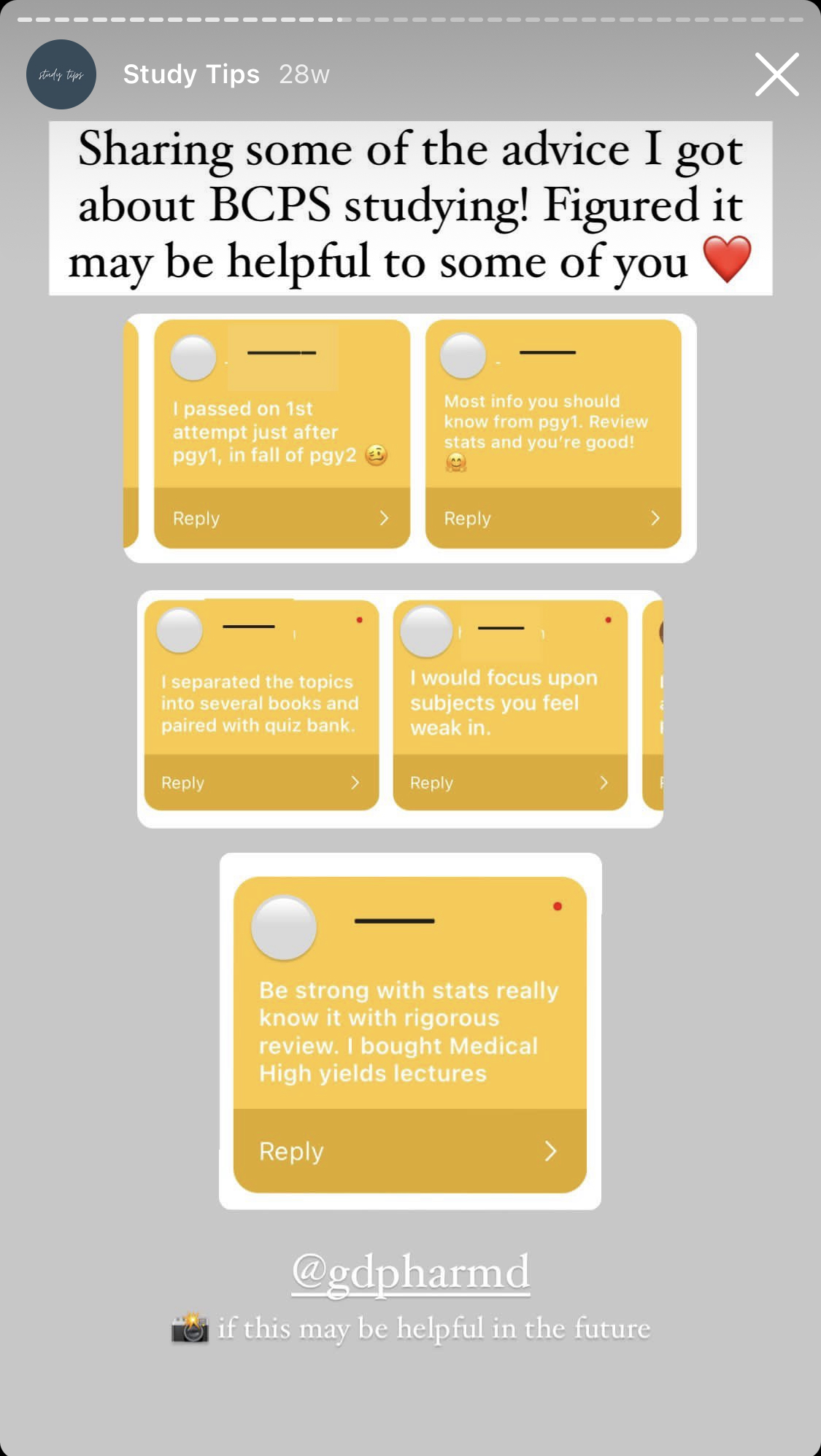


The photos above are from my Instagram highlight when so many people who took it before me gave me advice and I wanted to share it, check out the rest here on my “Rx Exams” Instagram highlight
Lastly, I want to show you the approximate cost of obtaining and maintaining board certification

I hope this post was helpful for you guys and if it was, please share it with someone you know may also need it! If you have any questions feel free to leave a comment below, on my Instagram page, or DM me! Give this your best shot! The studying period is only momentary and when you pass, it’ll be a GREAT feeling. Remember to take breaks and not overwhelm yourself with stress.


